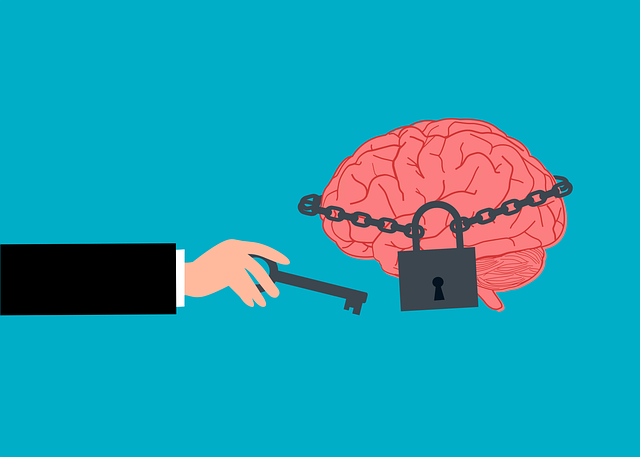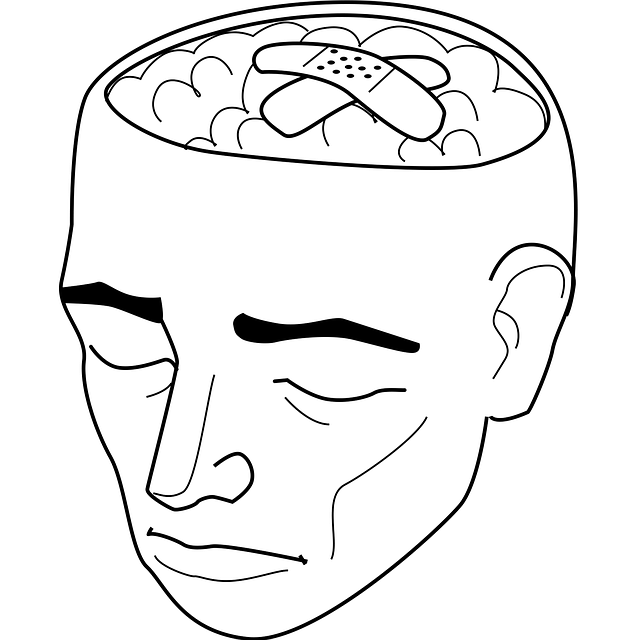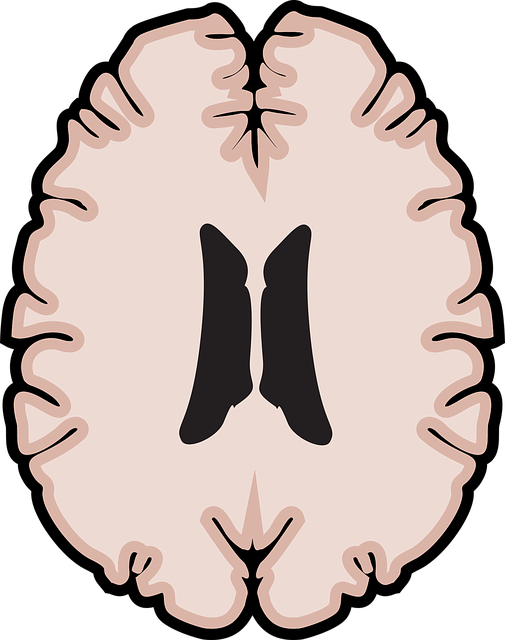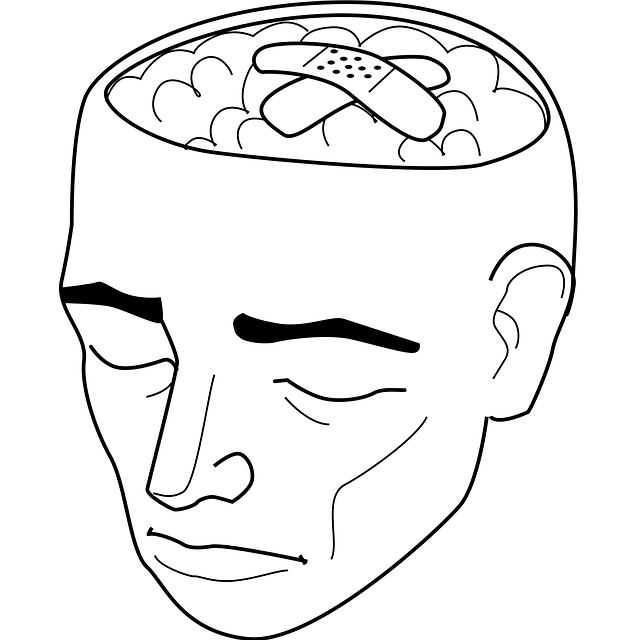Westminster Children Therapy emphasizes the power of resilience in a child's emotional well-being, using its RFM framework (Recovery, Flexibility, Mastery) to enhance coping skills. Through evidence-based practices like mindfulness, CBT, and exposure therapy, children learn self-regulation, problem-solving, and stress management, building mental agility and resilience against challenges. Their holistic approach includes community outreach programs and simple morning rituals, promoting peer support networks and integrating RFM techniques into daily life to foster long-term mental wellness.
“Unleashing resilience in children is a powerful tool for their overall well-being, and the RFM (Resilience, Flexibility, and Motivation) framework offers a structured approach. This article explores how Westminster Children Therapy utilizes RFM to build resilience in young minds. We’ll guide you through understanding the core principles of RFM, its practical application in therapy, and various engaging exercises to foster resilience. Additionally, we provide tips on integrating RFM into daily routines and methods for measuring the success of resilience training, highlighting the transformative potential of Westminster Children Therapy.”
- Understanding RFM: A Framework for Resilience in Children
- The Role of Westminster Children Therapy in Building Resilience
- Different Types of Resilience-Building Exercises for Kids
- Implementing RFM in Daily Routines: Tips and Strategies
- Measuring Success: Assessing the Impact of Resilience Training
Understanding RFM: A Framework for Resilience in Children

Resilience is a vital asset for children to navigate life’s challenges and build emotional well-being. Understanding RFM (Recovery, Flexibility, and Mastery), a framework developed by Westminster Children Therapy, offers a structured approach to enhance resilience in young individuals. This model recognizes that children’s ability to bounce back from adversity is influenced by their emotional regulation, self-awareness, and problem-solving skills.
By incorporating specific exercises focused on emotional regulation and self-awareness, such as mindfulness practices and cognitive reframing techniques, RFM equips children with the tools to manage stress and overcome obstacles. Westminster Children Therapy emphasizes that these self-awareness exercises allow kids to develop a deeper understanding of their emotions, fostering an environment where they can learn from challenges rather than being overwhelmed by them. Through this process, children build mastery over their reactions, leading to improved emotional resilience and overall mental health.
The Role of Westminster Children Therapy in Building Resilience

Westminster Children Therapy plays a pivotal role in fostering resilience among young individuals, offering specialized programs designed to empower children and adolescents with coping strategies for life’s challenges. Through evidence-based practices, therapists at Westminster help clients develop mental agility, a key component of overall well-being. By addressing underlying issues such as trauma or anxiety, the therapy provides a safe space for self-reflection and growth, allowing individuals to build resilience that can prevent depression and promote self-esteem improvement.
The therapeutic environment at Westminster Children Therapy encourages exploration and understanding of emotional responses, teaching clients effective ways to manage stress and navigate difficult situations. This holistic approach not only equips young people with tools for immediate challenges but also prepares them to face future adversity head-on, fostering a sense of empowerment and self-reliance that is crucial for long-term mental wellness.
Different Types of Resilience-Building Exercises for Kids

Resilience is a valuable skill for children to develop, and there are numerous exercises tailored to help them build this strength. At Westminster Children Therapy, we understand that fostering resilience can significantly contribute to a child’s overall emotional well-being. One effective approach involves exposure therapy, where kids are gradually exposed to stressful situations in a safe environment, helping them learn coping strategies. For instance, facing fears through visualization or gradual confrontation can empower children to manage anxiety and build confidence.
Another powerful method is cognitive behavioral therapy (CBT), which focuses on identifying and changing negative thought patterns. This involves teaching children communication strategies to express their emotions healthily and reframe negative thoughts. Through role-playing scenarios and interactive games, kids learn effective problem-solving skills and emotional regulation techniques, enhancing their ability to cope with challenges. Moreover, community outreach program implementation can create a supportive network, encouraging peer interactions and promoting emotional well-being promotion techniques among their peers.
Implementing RFM in Daily Routines: Tips and Strategies

Implementing RFM (Resilience, Flexibility, and Mindfulness) in daily routines can significantly boost mental wellness, a service that Westminster Children Therapy provides through its diverse programs. Start by incorporating simple mindfulness exercises into your morning routine. This could be as easy as taking five minutes to focus on your breath, observing thoughts without judgment, and setting an intention for the day. These practices not only set a calming tone but also foster awareness, a key aspect of resilience building.
For flexibility, integrate movement throughout the day. Whether it’s short walking breaks between tasks or attending a Yoga class during lunch, regular physical activity helps manage stress and improves overall mental health, preventing potential depression symptoms. The Mental Wellness Podcast Series Production offers numerous resources on integrating such practices into busy schedules. Additionally, ensure your evenings wind down with relaxing activities like reading or meditation to cap off the day calmly, preparing you for a more resilient approach tomorrow.
Measuring Success: Assessing the Impact of Resilience Training

Measuring the success of resilience-building exercises is an essential aspect of evaluating their effectiveness, especially in the context of organizations like Westminster Children Therapy. Assessing the impact of such training goes beyond simply asking participants how they feel; it involves tangible metrics and observable changes. One way to gauge progress is by tracking key performance indicators (KPIs) related to mental well-being and stress management. For instance, reductions in reported anxiety levels, improved emotional regulation skills, and enhanced problem-solving abilities among trainees can serve as compelling evidence of the training’s success.
Moreover, the integration of Compassion Cultivation Practices within these programs has shown promising results. Participants may exhibit increased empathy, better coping strategies, and a more positive outlook on challenging situations. The Stress Management Workshops Organization highlights that regular assessments before and after the training sessions can provide valuable insights into the long-term benefits of resilience exercises. This data is crucial for refining programs and ensuring they cater to the unique needs of individuals or groups, ultimately fostering a more resilient and adaptable mindset.
Westminster Children Therapy provides a comprehensive approach to building resilience through its RFM framework, offering valuable tools for parents and educators. By understanding the core principles outlined in this article, you can empower children to navigate challenges with strength and adaptability. Implementing the suggested exercises and strategies into daily routines allows for consistent growth and development of their resilience, ultimately fostering healthier, more resilient individuals. Remember, resilience is a skill that can be taught and nurtured, making these practices a beneficial investment in a child’s future.











